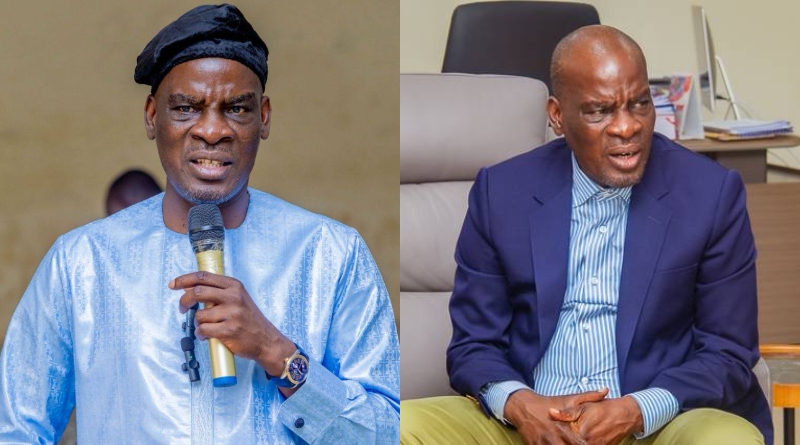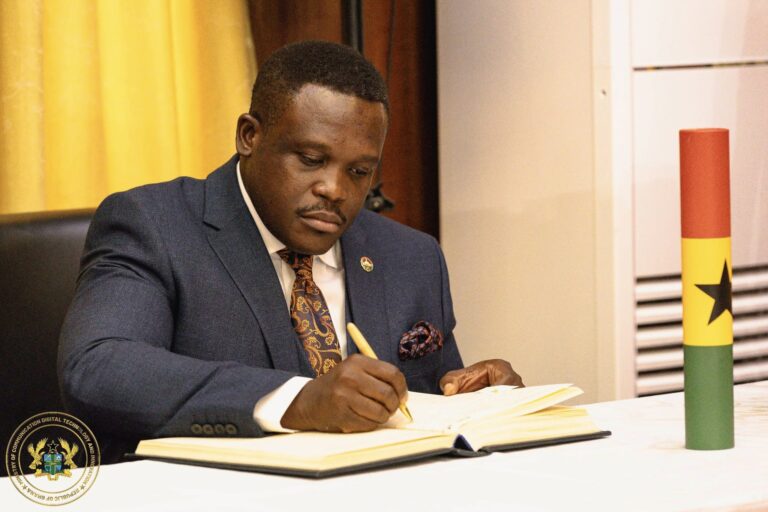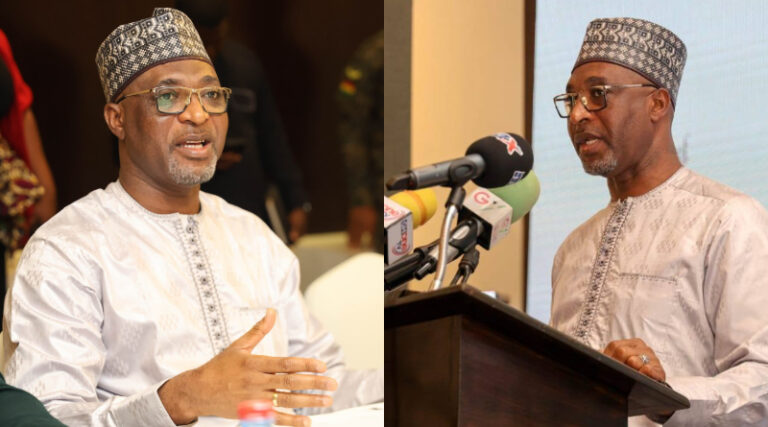The Minister of Education, Haruna Iddrisu, has announced that the government is working closely with the Ministry of Finance to secure financial clearance for the recruitment of more than 90,000 personnel into the education sector.
Speaking at the 22nd Biennial Congress of the University Teachers Association of Ghana (UTAG) in Aburi, Eastern Region, Mr. Iddrisu said:
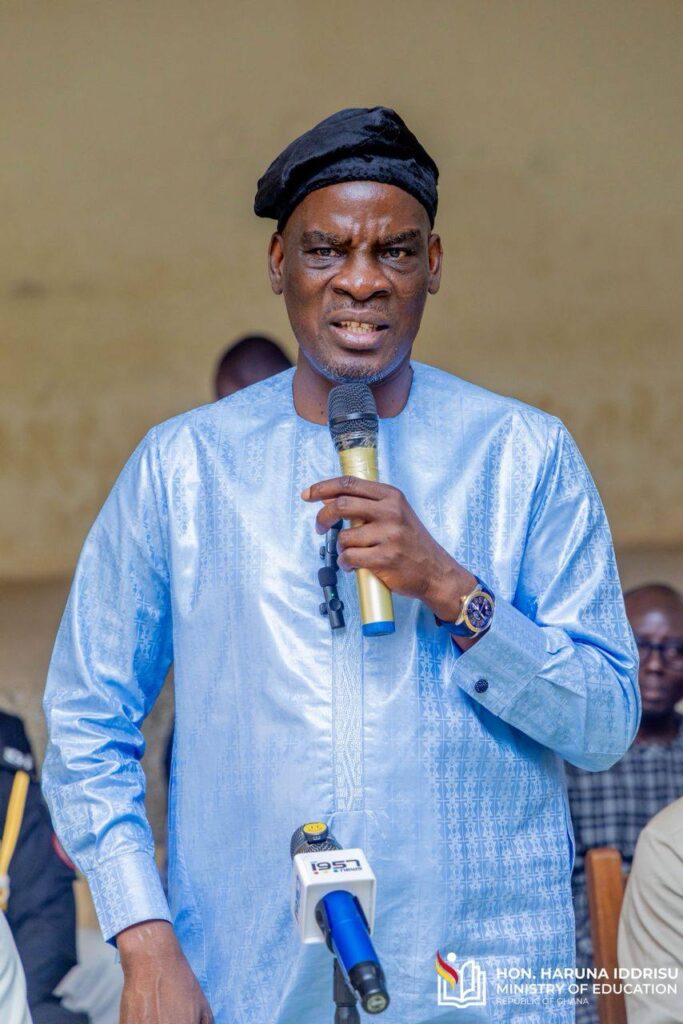
“In our space alone, we require 93,000 recruitments to fill vacancies for institutions of higher learning, the Ghana Tertiary Education Commission, the Ghana Education Service, and the TVET service.”
The move, once approved, will be one of the largest recruitment drives in Ghana’s education history, aimed at addressing staffing gaps across schools, colleges, and universities.
In addition, the Education Minister disclosed that government has committed GHC 610 million to pay the book and research allowance for university lecturers.
“We are honouring a legitimate condition of service of university teachers, which is the payment of book and research allowance. The money will hit your account shortly,” he assured members of UTAG.
The announcement drew applause from the academic community, as the allowance has long been considered a crucial incentive for lecturers’ research and academic output.
Mr. Iddrisu also praised UTAG for choosing a timely theme for the congress: “Rethinking Higher Education Pedagogy and Funding in the Age of AI: Ethics, Equity, and Development Impact.”
He noted that Artificial Intelligence (AI) is no longer futuristic but a current force reshaping education.
“AI will change the way we learn, the way we teach, and the way we practice. Mainstreaming it as part of your pedagogical changes is significant. What is important is guaranteeing ethical integrity even as we operate in the age of AI,” he said.
The Minister, however, cautioned that unchecked AI usage could create “lazy and dishonest students.” He called for ethical safeguards, digital literacy, and AI-driven pedagogical training to ensure responsible use of emerging technologies in higher education.
Outgoing UTAG National President, Prof. Mamudu A. Akudugu, highlighted the Association’s achievements, including defending university autonomy, securing improved conditions of service, and promoting social responsibility.
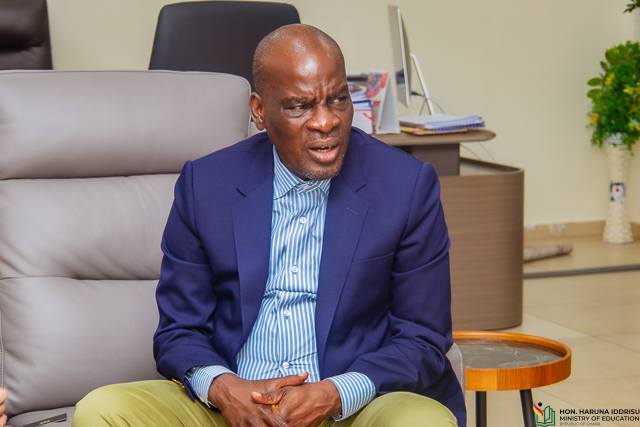
He revealed that UTAG has provided over GHC 706,000 in scholarships to support 164 students affected by floods, describing it as evidence of the union’s commitment beyond its membership.
Prof. Akudugu also disclosed that UTAG has established a working committee to plan and develop a UTAG Guest House in Accra, a long-term project designed to provide welfare and generate sustainable revenue for the Association.
The 22nd Biennial UTAG Congress underscored the twin priorities of strengthening education financing and adapting to new digital realities. With the government promising large-scale recruitment and financial support, and UTAG continuing to push reforms and social initiatives, Ghana’s higher education sector stands at a pivotal moment.

